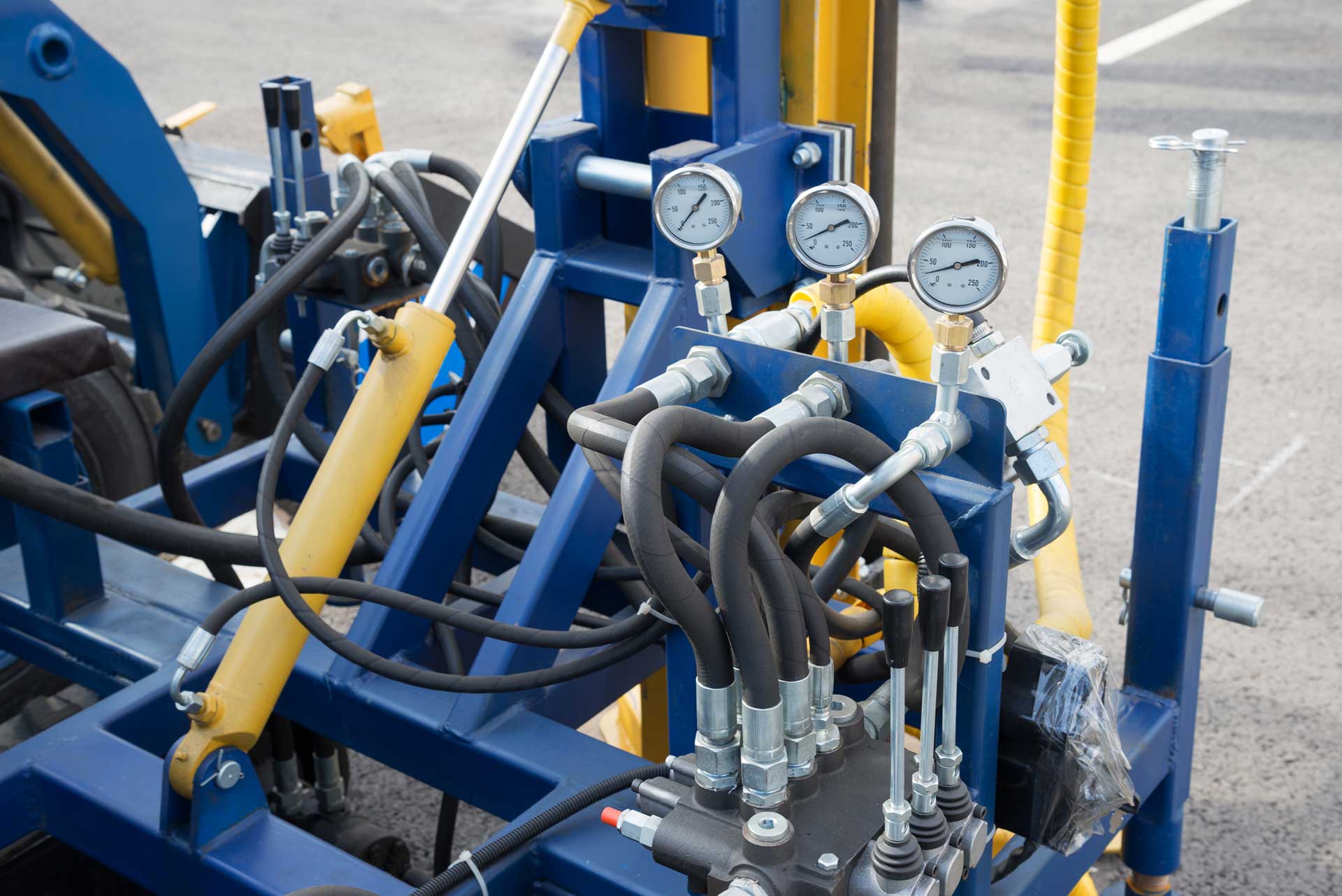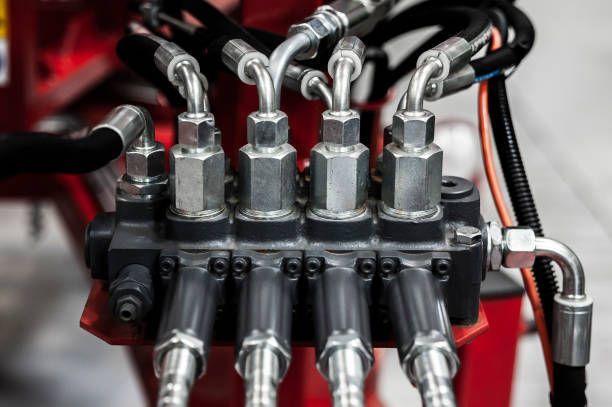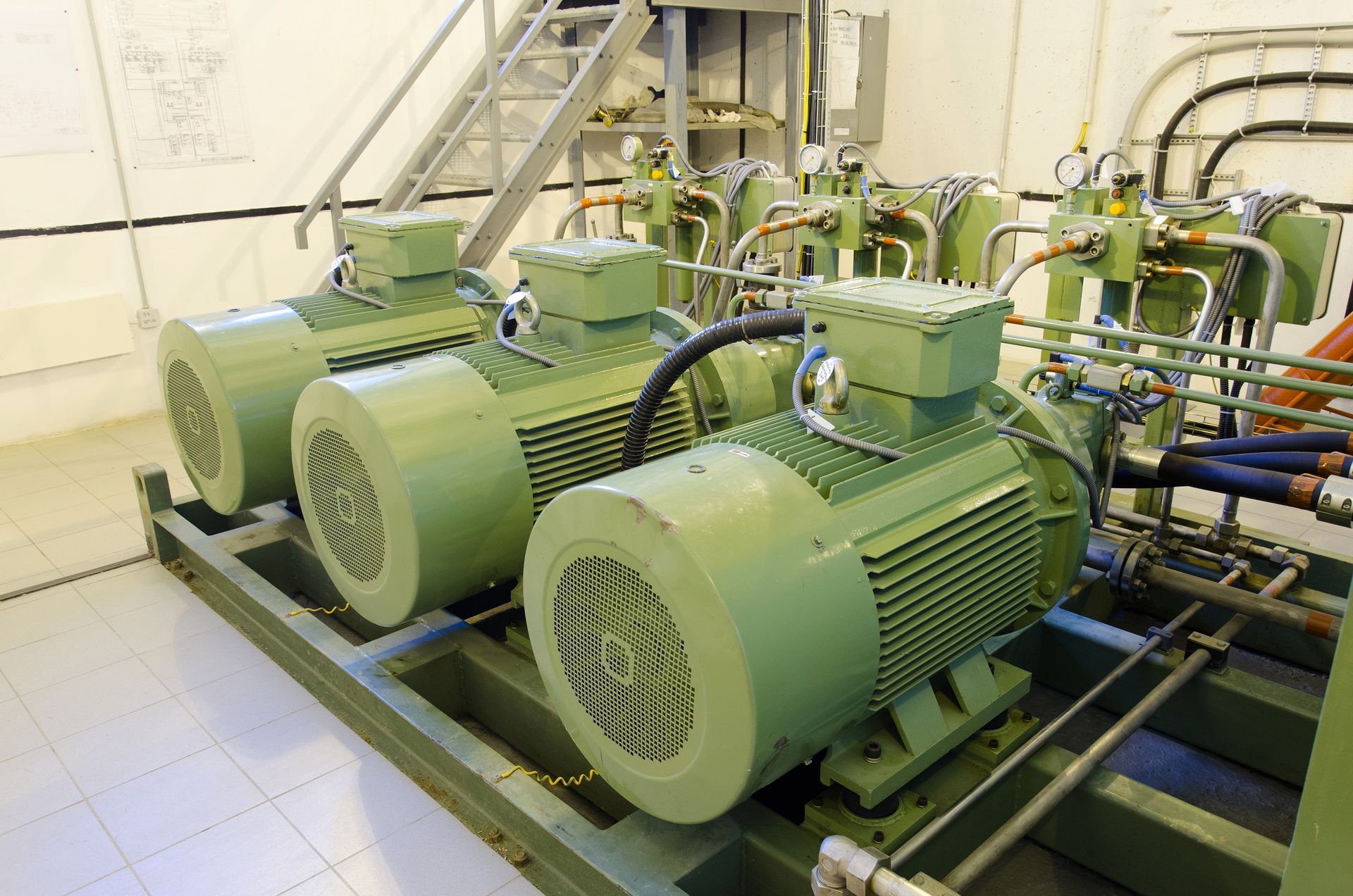The Benefits of Hydraulic Systems

Hydraulic systems are a common choice for different engineering applications. The basic system uses hydrodynamic principles, which resonate with the ideas of typical applications. In addition, such a system is easy to upgrade, especially in the dawn of computers and similar systems. The principles in hydraulic systems also form the basis for numerous industrial upgrades in the modern age.
However, what makes hydraulic systems unique and favorable? Any system that serves the interests of a business is a favorite choice. Technological developments in a particular sector also prompt firms to base their machinery on a specific system. If you want to pick machinery and technology for your business, here are a few factors that can sway you towards hydraulic systems.
High Efficiency
Hydraulic systems are more efficient than both electrical and pneumatic systems. The pump is usually more efficient in a hydraulic system than a pneumatic system. This efficiency depends on the system's ability to maintain the same hydraulic fluid viscosity across various temperatures. This attribute determines the power consumed and the work output of your system.
Electrical systems based on motors and similar devices are less energy efficient than hydraulic systems. The efficiency of hydraulic systems means that your business does a lot of work with minimal energy. The hydraulic system helps you cut down on the business overheads because of how efficient they are. In some cases, the hydraulic system can also be the selling point for vital customers in a highly competitive market.
Easy Control
The hydraulic system has better control over the amount of energy transmitted than most systems. Hydraulic systems regulate the configuration of the fluid and convert it into energy, especially mechanical power, for different applications. This ease of control makes the hydraulic systems ideal for machine tools, construction equipment, aircraft, and ships.
Hydraulic systems also seamlessly fit in various computer-controlled environments. Computer-aided control helps achieve different levels of energy transfer in a hydraulic system which makes the system accurate and precise.
Safety
Safety is a significant consideration in any engineering application. The safest methods are favorable since they result in fewer compensation claims and downtime, and you can quickly recruit people for such roles. In addition, safety directly influences the reputation of your business. Damages caused by equipment failure affect the firm's reputation in the market and labor pool in your industry.
The designer makes hydraulic systems passively and actively safe. For example, hydraulic systems designed to prevent people's limbs from being close to moving parts result in fewer accidents than other designs. These preventative methods are effective when the hydraulic system is in operation. The hydraulic system also uses one-way valves that prevent retraction when the system fails.
Ease of Maintenance
Hydraulic systems are easy to maintain. Some symptoms of a broken system include leakage of the hydraulic fluid, broken hoses, and poor response. These issues do not require unique expertise to diagnose. Your workers can easily detect and report the problems before they become problematic to the entire system. Therefore, you won’t need to call in an expert just to diagnose the problem.
In addition, the repair process includes the replacement of single parts in the entire system. For example, you may replace a hose or control system and ensure the system is functional again. Some remedies, such as changing hydraulic filters, are easy to rectify for your workers. The complex tasks are quick to diagnose, and solutions are easy to implement with the right expertise.
Pressurized fluids are ideal for different applications in your business. If you want to pick a technological solution for your firm, consult Quad Fluid Dynamics, Inc., for purchases, installation, and maintenance. Using a reputable hydraulic solutions provider ensures that you have minimal downtime and that your equipment is durable.


